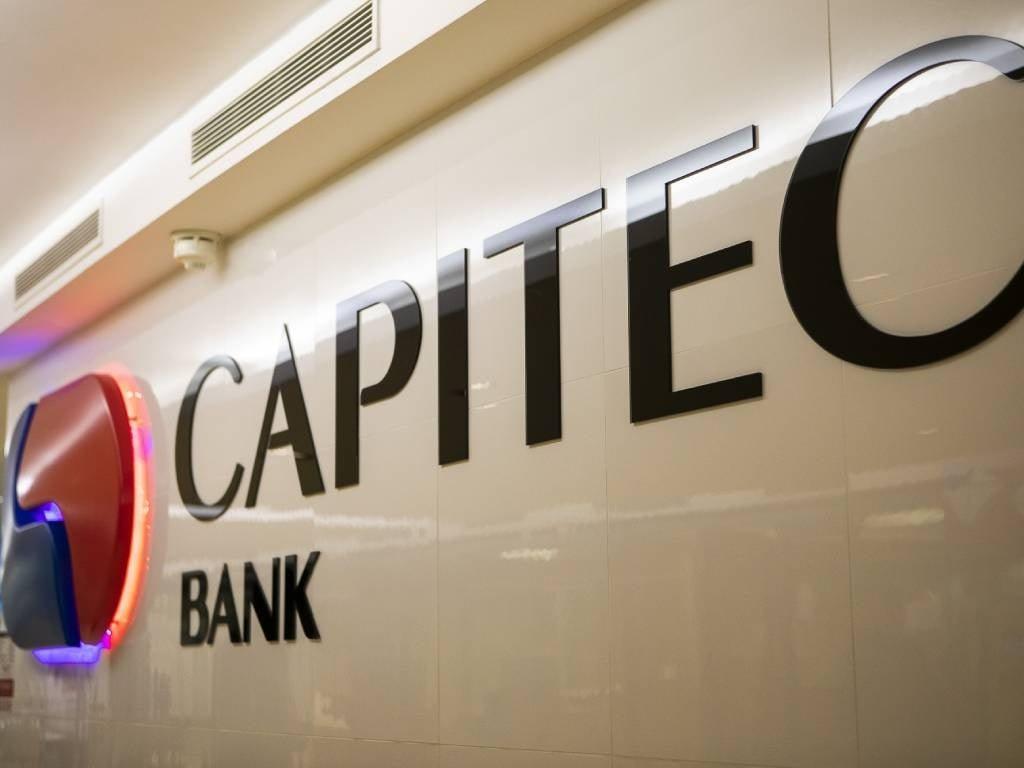Africa-Press – South-Africa. Capitec, South Africa’s largest retail bank by customers, raised its interim dividend by 9% on the back of resilient half-year earnings. Even as bad debts surged, the bank benefited from its non-lending income.
The Stellenbosch-headquartered lender said on Thursday that headline earnings rose 9% to R4.7 billion in the six months to end August, with the lender raising its dividend to R15.30, a payout of R1.77 billion. Active clients increased by 11% year on year.
The tough economy put pressure on its 21.1 million clients’ ability to repay debt. Gross credit impairment charges on loans and advances jumped 54% to almost R5.1 billion. Total provisions for expected credit losses rose 15% to about R22 billion, the vast majority of this in its retail banking unit.
“If you look at our 9% [earnings] growth in this economy, I think it’s an excellent performance,” Capitec CEO Gerrie Fourie told News24.
“If you take out provisions, then we’ve grown by 26%, which I think is a very good performance.”
All of South Africa’s major banking groups reported rising bad debts with interest rates at a 14-year high. In addition, ongoing inflationary pressures are eroding consumers’ disposable income, making it more difficult to repay loans.
The Reserve Bank has raised its benchmark lending rate by 4.75 percentage points to 8.25% since it began tightening monetary policy in November 2021 to curb above-target inflation.
Although inflation has fallen back within the central bank’s 3% to 6% tolerance range, Fourie warned there may be one more 25 basis point hike before the current hiking cycle peaks.
The impact of inflation and higher rates on Capitec’s loan book has prompted the group to tighten lending criteria.
This saw retail loan sales and disbursements decrease by 9% to R24 billion. The bank also drastically reduced new access facility limits to R3.8 billion, down from R10.5 billion in August 2022. In addition, access facility limits were cut by more than R3 billion, while payouts from access facilities were reduced to R7.3 billion from R9.9 billion.
“All credit providers have pulled back – it’s a pure function of interest rates and inflation going up and the impact on the cost of living,” said Fourie. “Our impairments going up is very much in line with the financial industry.”
Fourie said:
Diversification
The banking group has diversified its income streams away from lending, which now constitutes just 52% of its R18.2bn in income from operations (if credit life insurance is included).
Transactional income now comprises 29% of operational income while value-added services like pre-paid electricity account for 4%.
Funeral insurance accounts for another 4% of operational income. New services such as vouchers, cash send, bill payments and lottery tickets comprise 3%.
“What [our results] are showing is how we’ve diversified and how strong our base is in terms of other income,” said Fourie. “More than 50% of our income is now coming from other non-lending income – transactional income, value-added services and business banking.”
On Thursday, its share price jumped 6% to trade at R1 737 just before midday. Its shares are now up 8% over the past year.
Capitec Business, which was rebranded from Mercantile Bank in May, grew its headline earnings by 20% to R242 million. The SME-focussed lending unit grew its active clients by 14% to more than 183 000. But it also saw an 83% rise in credit impairment charges for the unit to R165 million.
Capitec’s IT-related expenditures, excluding employee costs, climbed 36% to R880 million as it ramped up investment in cloud services. The number of its clients using digital transactions has grown 8% to 11.7 million, while the number of app users climbed to 10.2 million.
Digital transactions climbed by 21% to 957 million, with 83% via the banking app.
For More News And Analysis About South-Africa Follow Africa-Press






